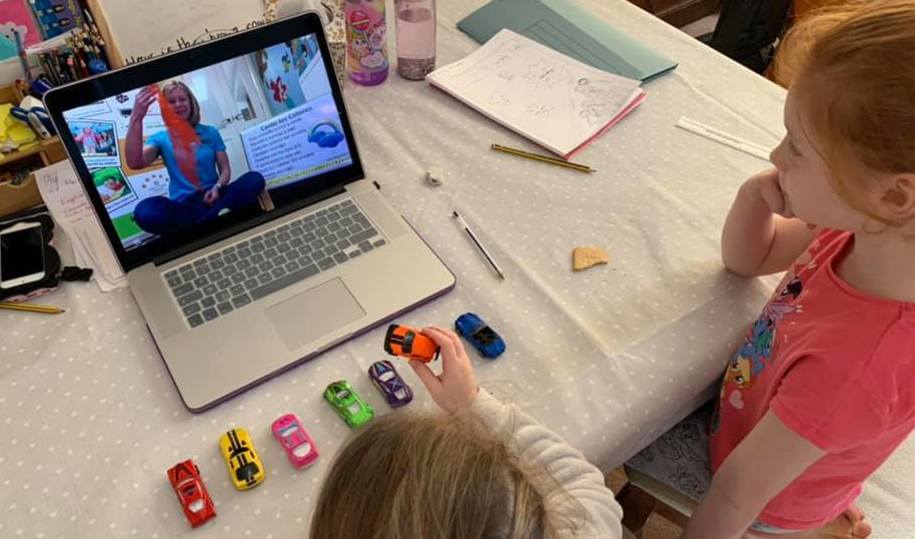Language Learning for SEN kids - and why it's so important!
Posted on 1st January 2022 at 15:30
As you can probably imagine, here at BilinguaSing we are strong advocates for MFL for all. But for children and students with special educational needs, language learning may not be seen as a priority by many. We think this could not be further from the truth – teaching MFL is not only essential for all students, but has many unique benefits, particularly for SEN students. Even though MFL is often regarded as a difficult subject that most children will opt out of by the time they leave school, due to frustration and lack of inspiration, nowadays, more is being done to promote equality of educational opportunity. No longer is language learning reserved for the academic ‘elite’, but rather is being recognised for its benefits for non-SEN and SEN children alike, and even their parents!
Read on to find out why MFL classes for SEN kids are so important!

*This article was written by our fab intern and langauges graduate Olivia Beven and was published in SEN magazine!*
As is summed up beautifully by David Wilson of Specialeducationalneeds.com: “Like their non-SEN peers, students with SEN will only reach their full potential if they are given the opportunity to move outside their comfort zone and to learn new skills.” MFL classes do exactly that: they challenge learners to confront new languages, which entail new cultures and different ways of thinking, all whilst improving multiple skillsets. The joy of language learning is that it promotes a new perspective: for example, teaching French or Spanish grammar in MFL lessons involves looking at the English equivalents and how they work, thus indirectly strengthening a students’ knowledge of their native language. This can also be seen in how vocabulary develops, by comparing the English words with target language equivalents or by finding cognates, which can also improve spelling in English. Even numeracy skills benefit from MFL lessons, through counting exercises and arithmetic activities in the target language. The beauty of all this is that it is done indirectly – the student learns multiple subjects all in one lesson, often without realising it!
This can be a huge boost to SEN students, who often have to deal with a lack of self-belief, which is of course, no fault of their own and is often down to incompatible teaching methods that can overlook the unique characteristics of SEN students. In contrast, MFL classes lend themselves particularly well to SEN-friendly teaching strategies, such as the use of repetition and adopting a multisensory approach – for example, learning the alphabet and counting in a foreign language are both activities that can make great use of music and singing, a fun classroom activity that can boost confidence and memory! From flashcards and whiteboards to musical instruments, there are a range of audio, visual, and even kinaesthetic teaching styles that lend themselves to MFL teaching, thus boosting SEN students’ chances of success and more importantly, enjoyment!
And perhaps most importantly: “the study of MFL may lead [SEN pupils] to recognise that diversity is a matter for respect and celebration in a world of multiple cultures and languages.” In a world where many SEN children grow up feeling different to and isolated from their peers, MFL can act as a reminder that the world is a much bigger, beautiful, and diverse place than we are perhaps first taught.

Tagged as: best way to learn a language, inclusion and MFL, inclusion in mfl, send and mfl, teaching french to sen, what does senco stand for, what makes a good secondary foreign languages less
Share this post:








